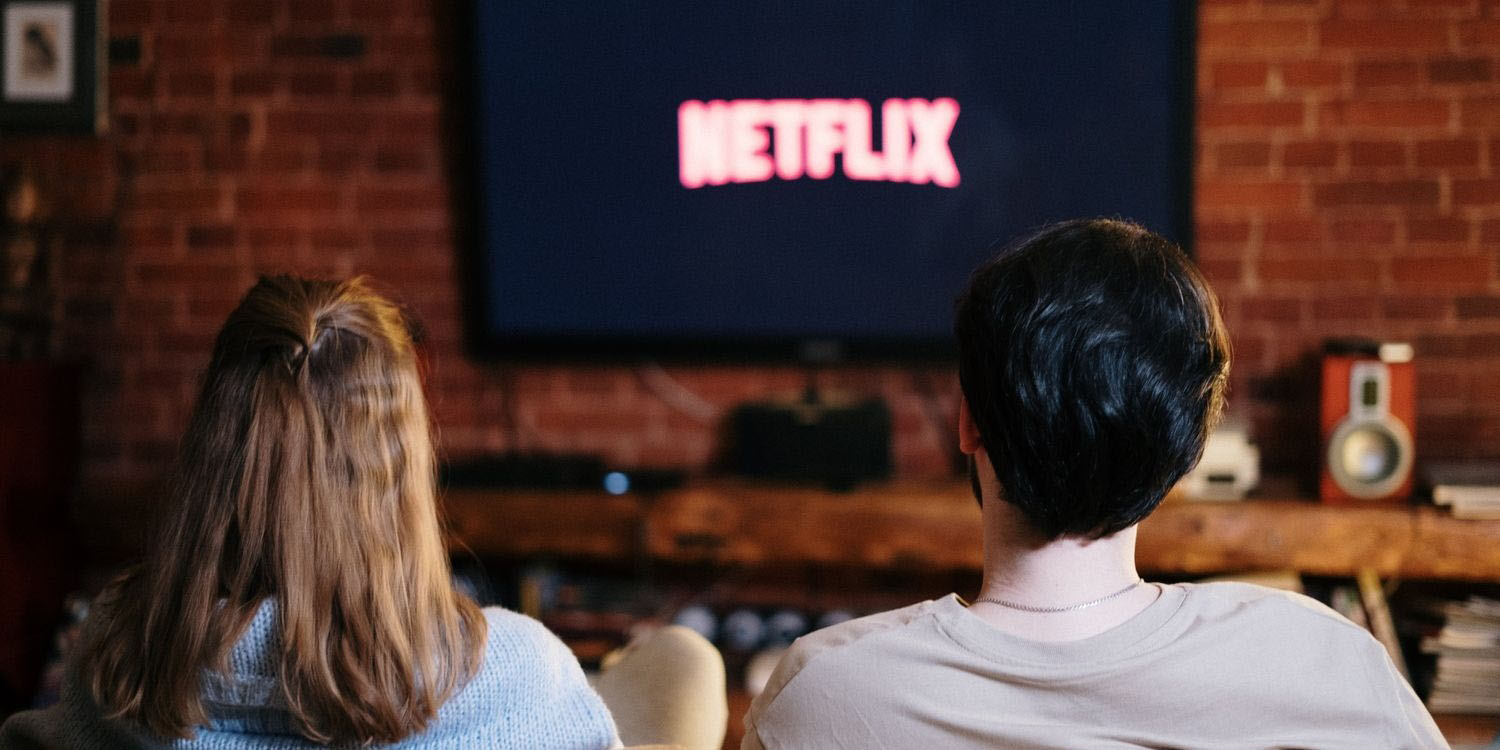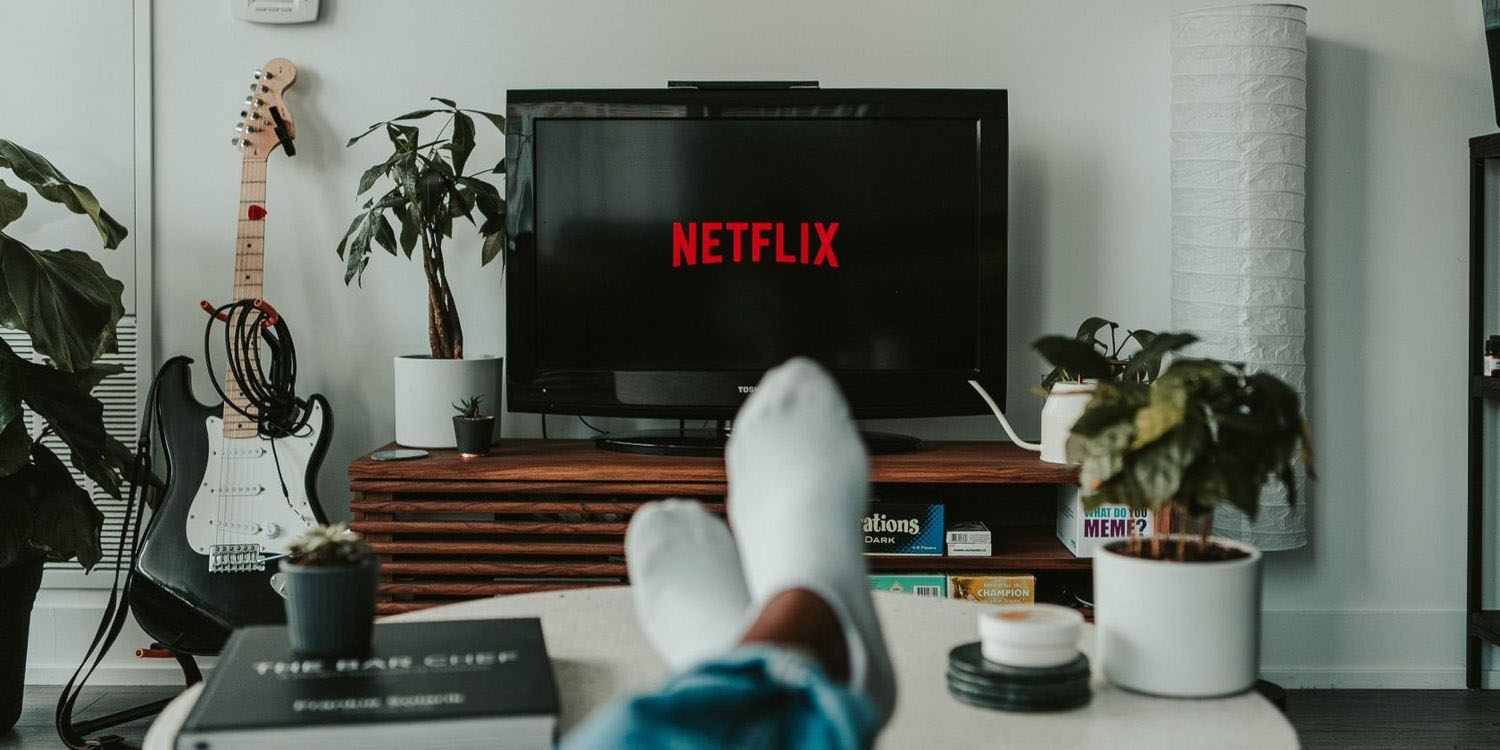After enforcing its plan in a many countries encyclopedically, Netflix is eventually cracking down on word sharing in the US. So how is Netflix doing it, and what changes has it enforced? Let's find out.
Password Sharing Is One of Netflix's Huge Problems
Password sharing has been a longstanding concern for streaming platforms like Netflix. While some users may argue that sharing passwords is a convenient and harmless practice, it does pose challenges for service providers. Here are some reasons why password sharing can be considered a problem for Netflix:- Revenue Loss: Netflix and other streaming services generate revenue through subscription fees. When users share their passwords with others, it allows multiple people to access the content without paying for additional subscriptions. This leads to potential revenue loss for the platform.
- Licensing Agreements: Netflix obtains licenses to stream content from various studios and production companies. These agreements often specify the number of viewers allowed per account. When password sharing occurs, the number of viewers surpasses what is permitted under the licensing agreements. This can result in the violation of contractual obligations and strain relationships with content providers.
- Content Recommendations: Netflix uses algorithms and user data to personalize content recommendations. When multiple individuals with different viewing preferences use the same account, it can skew the recommendations and affect the overall user experience. This undermines the platform's ability to provide tailored suggestions to individual users.
- Account Security: Sharing passwords increases the risk of compromised account security. When passwords are shared, it becomes difficult to track who has access to the account. Unauthorized users may gain access, leading to potential misuse or abuse of the account, such as sharing sensitive information or altering viewing history.
- Resource Limitations: Streaming platforms invest significant resources in server infrastructure to handle the streaming demands of their user base. When password sharing occurs, it puts additional strain on these resources, potentially impacting the quality of service for legitimate users.
It's worth noting that different streaming services have varying policies and approaches toward password sharing. Some platforms, like Netflix, have taken steps to address this issue by implementing measures to restrict account sharing, such as multi-factor authentication or limitations on simultaneous streams. However, striking the right balance between preventing unauthorized sharing and maintaining a positive user experience can be challenging.
Ultimately, the prevalence of password sharing highlights the need for streaming platforms to find innovative solutions that discourage unauthorized sharing while still providing value to legitimate subscribers.
How Netflix Is Cracking Down on Password Sharing?
Netflix has implemented measures to crack down on password sharing and enforce its terms of service. While they haven't completely eliminated password sharing, they have taken steps to address the issue. Here are some actions Netflix has taken:- Two-Factor Authentication (2FA): Netflix introduced 2FA as an additional security measure to verify user identities. With 2FA enabled, users need to provide a verification code in addition to their password when logging into their Netflix accounts on new devices. This helps prevent unauthorized access to accounts and makes it more difficult for users to share their passwords with others.
- Simultaneous Streaming Limits: Netflix has limitations on the number of simultaneous streams allowed per account based on the subscription plan. By enforcing these limits, they aim to prevent excessive account sharing. For instance, the basic plan allows streaming on one device at a time, while higher-tier plans allow for multiple concurrent streams.
- Geo-Location and IP Tracking: Netflix utilizes various technologies to track the geographic location and IP address of users accessing their service. If there are significant discrepancies between the location of the account holder and the IP address accessing the service, it may trigger a warning or prompt for additional verification.
- User Behavior Monitoring: Netflix analyzes user behavior patterns to identify potential account sharing. They look for unusual patterns, such as multiple IP addresses accessing an account within a short period or frequent changes in IP addresses. If suspicious activity is detected, Netflix may send warning notifications to the account holder or take further action.
- Collaborative Efforts: Netflix is also working with content providers and other streaming platforms to address password sharing on a broader scale. They are exploring technological solutions and sharing best practices to mitigate the impact of unauthorized account access.
It's important to note that while these measures are in place, Netflix has acknowledged that password sharing remains a complex issue. They have also stated that they prioritize providing a positive user experience and want to strike a balance between security measures and user convenience.
Overall, Netflix continues to adapt and refine their strategies to discourage unauthorized password sharing. However, the effectiveness of these measures can vary, and it's an ongoing challenge for the streaming industry as a whole.
Will Netflix's Scheme to Stop People Sharing Passwords Task?
The effectiveness of Netflix's plan to stop people from sharing passwords remains to be seen. While Netflix has taken steps to address password sharing, completely eradicating the practice is a complex task. Here are a few factors to consider regarding the effectiveness of their efforts:- Technical Limitations: Password sharing can be challenging to detect and prevent entirely, especially when users share their credentials with trusted family members or close friends. Implementing strict measures to curb password sharing may inadvertently inconvenience legitimate users who share accounts within their households.
- User Experience Considerations: Netflix aims to provide a positive user experience, and implementing overly restrictive measures to crack down on password sharing could potentially frustrate users and lead to customer dissatisfaction. Striking the right balance between preventing unauthorized sharing and maintaining user convenience is crucial for streaming platforms.
- Legal And Contractual Considerations: Streaming platforms like Netflix have licensing agreements with content providers that dictate the number of users allowed to access the content. Violating these agreements could have legal implications and strain relationships with content providers. While password sharing enforcement may be desirable, it may also require renegotiating licensing terms or implementing more stringent user verification measures.
- Industry-Wide Challenge: Password sharing is not unique to Netflix. It is a prevalent issue across various streaming platforms, and the industry as a whole is grappling with finding effective solutions. Collaborative efforts and industry-wide initiatives may be necessary to address password sharing comprehensively.
- Ongoing Evolution: Technology and user behavior evolve over time, making it a continuous challenge for Netflix to stay ahead of password sharing practices. As users find new ways to share credentials, streaming platforms must adapt and refine their strategies accordingly.
While Netflix's initiatives, such as two-factor authentication and simultaneous streaming limits, may deter casual password sharing, determined users can still find workarounds. The effectiveness of Netflix's plan will likely depend on their ability to strike a balance between security measures, user experience, and their relationships with content providers.
It's important to note that Netflix's primary goal is to provide a compelling streaming experience to its subscribers. They may continue to explore new approaches and technologies to address password sharing, but it remains to be seen how successful these efforts will be in completely eradicating the practice.








No comments
Post a Comment